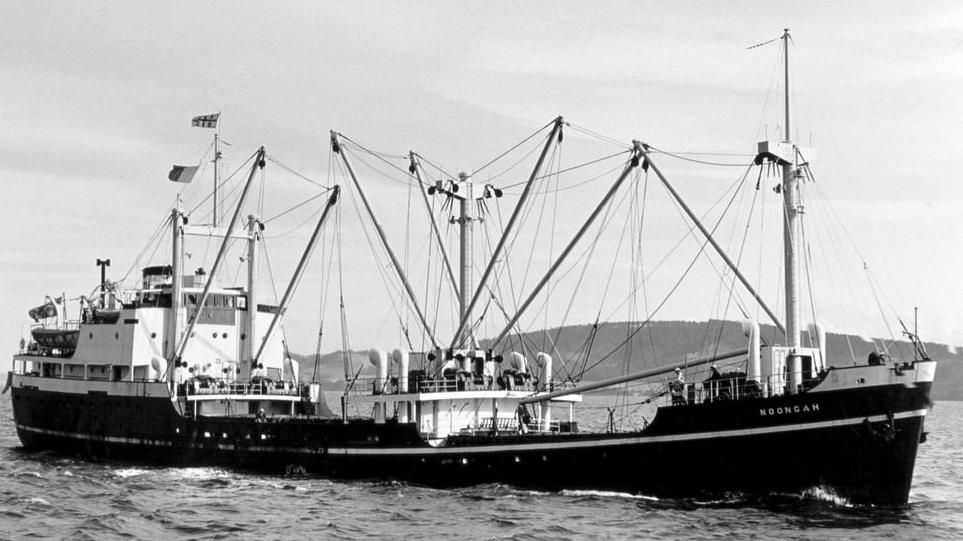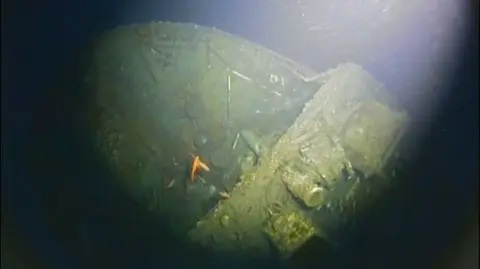Australia finds shipwreck of MV Noongah 55 years after sinking

Australia has discovered the shipwreck of the MV Noongah, which sank 55 years ago, resulting in the deaths of 21 men.
The 71-meter freighter was transporting steel off the coast of New South Wales when it encountered stormy weather in 1969, prompting one of the largest maritime searches in Australian history.
Of the 26 crew members, five were rescued shortly after the vessel sank, but only one body was recovered.
The wreck was located by Australia’s science agency using advanced seafloor mapping and video footage. On 25 August 1969, just minutes after sending a distress signal, the ship sank in heavy seas.
The Royal Australian Navy, along with planes, helicopters, and various other vessels, launched a massive search effort, even scouring the shore for survivors.
Over the next 12 hours, rescue teams found two men in separate life rafts and three more clinging to a plank of wood. The fate of the rest of the crew and the ship itself remained a mystery.
Years ago, locals spotted a wreck in deep water off South West Rocks, about 460km north of Sydney, and reported its coordinates.
There were suspicions that it might be the Noongah, but the technology to identify the ship wasn’t available until recently. Last month, a high-tech vessel from the Commonwealth Scientific and Industrial Research Organisation (CSIRO) confirmed the wreck’s location.

The ship was found largely intact, upright on the sea floor at a depth of 170 meters, with dimensions matching the Noongah.
CSIRO’s Matt Kimber expressed hope that finding the vessel’s resting place would bring closure to the community, stating, “This tragedy is still very much in the memory of many in the community.”
The Sydney Project, which documents shipwrecks, plans to dive and gather additional footage to understand why the ship sank.
Surviving family members, including Pamela Hendy, widow of Captain Leo Botsman, told the Australian Broadcasting Corporation that the discovery brings relief, with Hendy noting, “It’s always been in the back of my mind.”
Source-BBC





